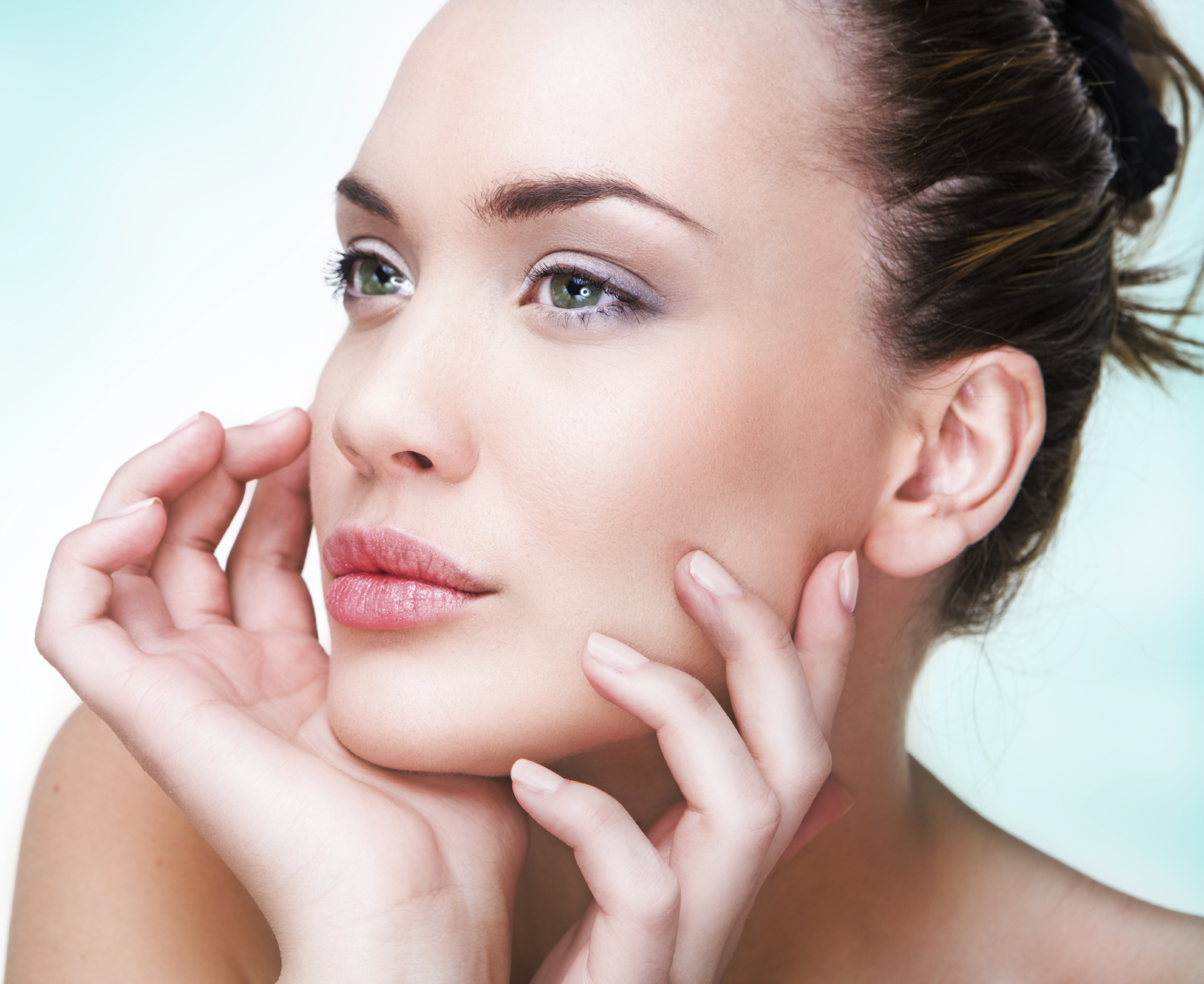Healthy, radiant skin doesn’t happen overnight. And despite what skin care companies tell you, there isn’t a miracle product that will give you perfect skin. Your entire body needs daily consistent care and over time, your skin will become healthy and radiant. Here are 6 easy things you can do on your own to transform your skin.
1. Pick the Right Cleanser. Cleansers, just like moisturizers, are not one-size-fits-all products. After cleansing, your face should not feel tight, dry or oily. If you have oily skin, a gel cleanser is your best bet. If you have dry skin, try a creamy non-sudsy cleanser that won’t dry out your skin even more.
2. Exfoliate Weekly. Exfoliating is an important step for all skin types. It can improve acne, diminish early aging signs and brighten your overall appearance. We recommend exfoliating two to three times a week for best results.
3. Never Skip the Moisturizer. Moisturizing after cleansing is not optional. All skin types, including acne-prone oily skin, need moisturizing. Picking the right moisturizer is the key to maintaining healthy skin. A great day cream has SPF in it. We recommend using one SPF 20 or higher. Look for one with antioxidants, which help ward off free-radicals, which responsible for early aging signs.
4. Consider Target Products. Though you really only need to cleanse, moisturize and protect from the sun each day, consider using a target product such as an eye cream or serum if you have trouble spots. The right eye cream can de-puff eyes or diminish fine lines. Apply with a light hand as to never tug the skin around your eyes. A serum can give your skin a boost of antioxidants to brighten and protect.
5. Protect Your Skin from the Sun. It’s a fact; the sun’s rays are the number one cause of early signs of aging. You might enjoy the golden glow in your 20’s and 30’s, but in your 40’s and 50’s, you are going to regret not using sunscreen when age spots, wrinkles and dull skin show up. (And we haven’t even talked about the greater risk of skin cancer.) Use a minimum of SPF 30 daily and reapply every two hours when out in the sun. Make sure your sunscreen says “broadband coverage”, which will protect against both UVA and UVB rays.
6. Visit a Dermatologist. Dermatologists are there for far more than skin cancer. Visit a dermatologist for if you think you might have a condition such as rosacea or eczema. He will have the best info for you. A good dermatologist will also help you determine what your skin needs to be at its most healthy state. He will provide product knowledge and can even give you prescriptions for anti-aging or anti-acne products that you cannot get elsewhere. And a dermatologist can, of course, screen you for any suspicious moles.

